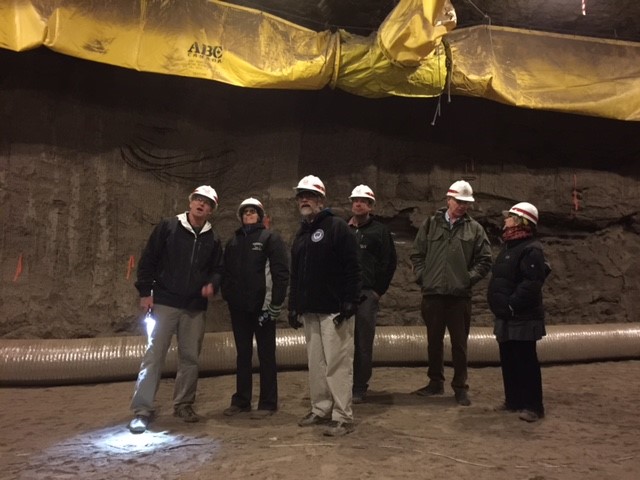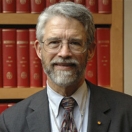
This week, President Obama is visiting Alaska to experience firsthand how climate change is affecting Alaska and the greater Arctic, and to meet with Alaskans across the state – in locations as diverse as Anchorage, Seward, Dillingham, and Kotzebue – who are dealing with the consequences of climate change.
In support of the President’s trip, I spent the past weekend making my own stops in Alaska to learn more about how climate change is already affecting local communities and ecosystems, and to engage with Alaskans working to tackle climate-related challenges.
I was joined on the trip by three other senior officials from the White House Office of Science and Technology Policy (OSTP): Tamara Dickinson, the leader of OSTP’s Environment & Energy division; Ambassador Mark Brzezinski, Executive Director of the U.S. Government’s Arctic Executive Steering Committee and former U.S. Ambassador to Sweden; and Beth Kerttula, Director of the National Ocean Council, as well as a native Alaskan and former minority leader in the Alaska state legislature. I wanted to share a few observations with you about what we saw.

On Saturday, we visited the Cold Climate Housing Research Center, a nonprofit corporation that develops sustainable, cost-effective building technologies tailored to Alaska and other polar regions. We also toured the Permafrost Tunnel Research Facility. Studies conducted at this underground laboratory (one of only two permafrost tunnels in the world!) help us better understand how climate change is accelerating permafrost thaw, and the associated impacts on communities and ecosystems.

We kicked off Sunday by hearing from participants in the Fulbright Arctic Initiative about the research that Initiative scholars from the United States and other Arctic nations are doing on critical topics like energy, water, and health and infrastructure. In the afternoon, we met with scholars who are younger, but no less impressive: students in the Alaska Native Science and Engineering Program, which supports science, technology, engineering, and math (STEM) education for Alaska Natives from sixth grade all the way through college and graduate programs.

During our trip, we also participated in roundtable discussions with students and faculty at the University of Alaska (UAA) Fairbanks and UAA Anchorage, researchers who are working on the cutting edge of Arctic climate science. And we met with the mayors of Anchorage, Fairbanks, the Northwest Arctic Borough, and other Alaskan municipalities, as well as with officials of Federal departments and agencies with office in Alaska, to talk about their efforts to prepare for and adapt to climate change, and the ways in which the Federal government can best support them.
Alaska represents the frontlines of our fight against climate change. What my OSTP colleagues and I saw and heard over the weekend has powerfully augmented our understanding of the range of dramatic impacts that climate change is having on ecosystems and communities in the far North. I believe that the stops that President Obama is making in Alaska this week – including a historic visit to the Alaskan Arctic –will further underscore for the Nation the importance of taking strong action to combat climate change now.
So I encourage you to follow the President’s trip at WhiteHouse.gov/Alaska, and to join this Administration in working together to #ActOnClimate.
Dr. John P. Holdren is Assistant to the President for Science and Technology, Director of the Office of the Science and Technology Policy, and Chairman of the U.S. Arctic Executive Steering Committee.


